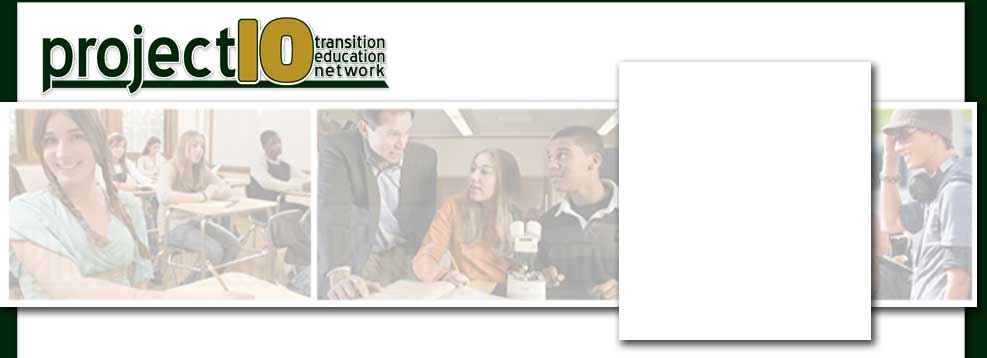
|
||
    
|
||
Inclusive Postsecondary Education
|
The Florida Center for Students
with Unique Abilities (FCSUA)
Signed into law by Florida’s governor on January 23, 2016, the Florida Postsecondary Comprehensive Transition Program Act (the Act) (FS 1004.6495) established the Florida Center for Students with Unique Abilities at the University of Central Florida (the Center) and charged the Center with managing the Florida Postsecondary Comprehensive Transition Program (FPCTP) application and approval process. The Act also established criteria for FPCTP approval, scholarship awards for eligible students to attend approved programs, grant awards to promote new program development and existing program enhancements, and accountability requirements associated with these opportunities.
The
FCSUA, located at the University of Central Florida, was created by the Florida
Legislature in 2016. The purpose of the center is to increase independent
living and experiential postsecondary education and employment
opportunities for students with intellectual disabilities. Funding is available
to help colleges set up new programs and
also for
student scholarships to attend these programs.
There
are several important distinctions between TPSID and FCSUA funding
opportunities. FCSUA policies require the following:
The FCSUA website provides a listing and map of postsecondary education programs that serve students with intellectual disbilities in Florida, which includes the approved Florida Postsecondary Comprehensive Transition Programs (FCTPs), as well as those not approved as such. For more information on FCTPs, visit the webpage where the brochure can be found.
Increasing Postsecondary Opportunities and Success for Students
and Youth with Disabilities
This document was released September 17, 2019 by the US
Education Department, as a question/answer format, to clarify 4 target areas of
postsecondary education for this population: